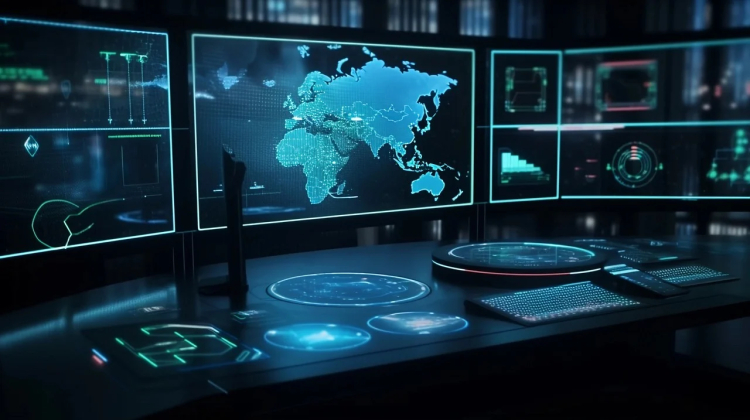The Evolution of Security Orchestration: Transforming Security Operations
Security Orchestration, Automation, and Response (SOAR) has fundamentally transformed how organizations approach cybersecurity operations. As threat landscapes become increasingly complex, the need for automated, coordinated response capabilities has never been more critical.

Security Orchestration, Automation, and Response (SOAR) has fundamentally transformed how organizations approach cybersecurity operations. As threat landscapes become increasingly complex, the need for automated, coordinated response capabilities has never been more critical.
Modern security operations centers face an overwhelming volume of alerts, making manual triage and response increasingly unsustainable. SOAR platforms have emerged as a crucial solution, enabling organizations to automate routine tasks while ensuring consistent and rapid response to security incidents. This automation extends beyond simple alert handling to encompass complex workflows that previously required significant manual intervention.
The integration capabilities of contemporary SOAR solutions have become particularly sophisticated, enabling seamless communication between disparate security tools and systems. This interconnectivity allows security teams to build comprehensive response workflows that leverage the full capabilities of their security stack, from threat intelligence platforms to endpoint detection and response tools.
Machine learning has become an integral component of SOAR platforms, enabling more intelligent automation and decision-making. These systems can now learn from past incidents and responses, gradually improving their ability to prioritize alerts and recommend appropriate actions. This cognitive capability helps reduce alert fatigue while ensuring that critical threats receive immediate attention.
Incident response playbooks have evolved from simple linear workflows to complex, adaptive processes that can adjust based on real-time threat intelligence and environmental conditions. Modern SOAR platforms can dynamically modify response procedures based on the specific characteristics of an incident, ensuring more effective and efficient incident handling.
The role of human analysts has shifted from routine task execution to higher-level decision making and strategy development. SOAR platforms now handle the bulk of routine security operations, freeing security professionals to focus on more complex challenges that require human insight and expertise. This shift has led to more efficient security operations and improved job satisfaction among security personnel.
As we look to the future, the continued evolution of SOAR platforms promises even greater capabilities in threat detection, response automation, and security workflow optimization. Organizations that embrace these technologies will be better positioned to defend against increasingly sophisticated cyber threats while maintaining operational efficiency.














